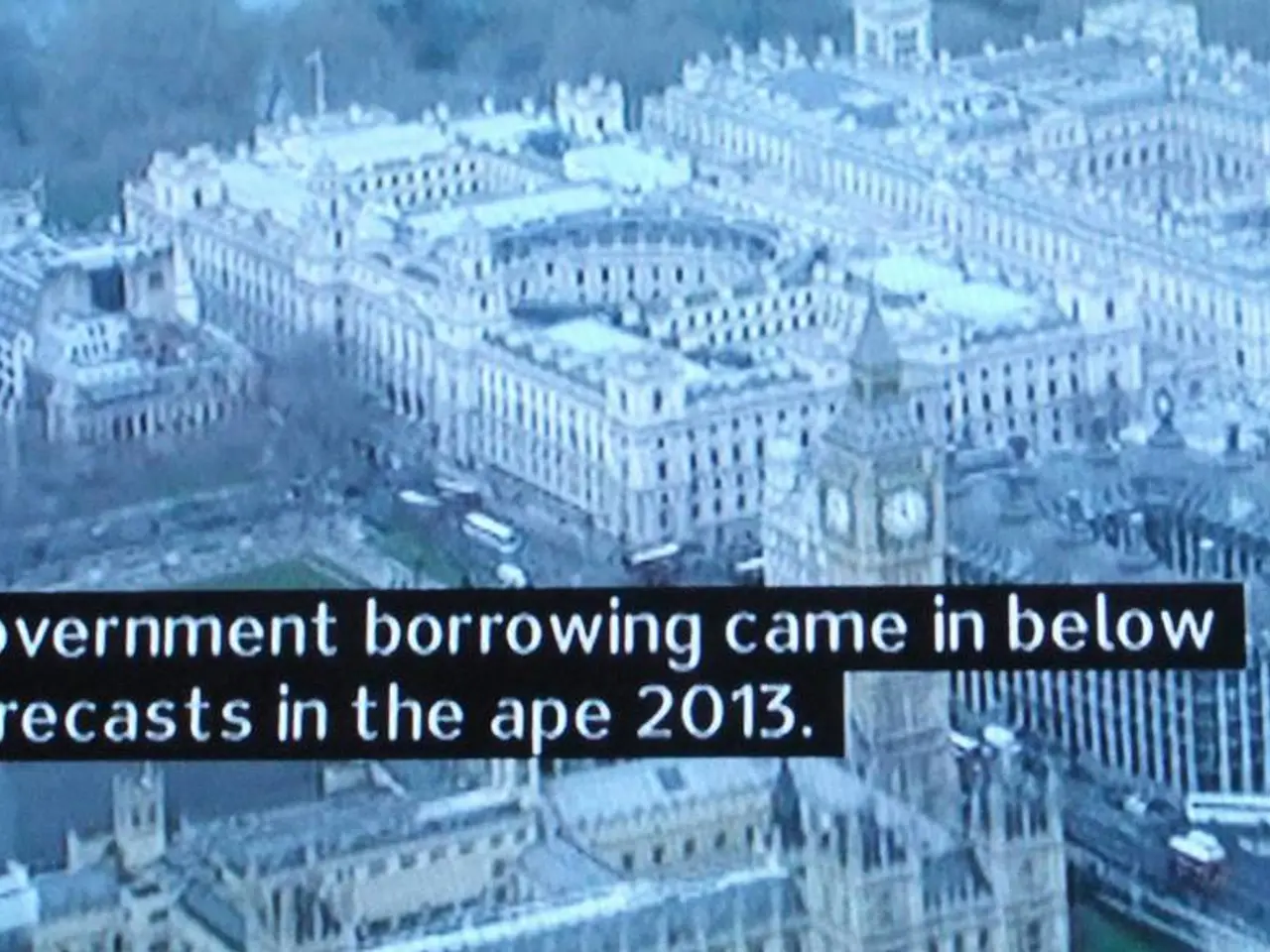Destruction through Marxist Ideology
In the complex world of politics, the spectre of revolution continues to loom large, particularly in the context of Marxist-Leninist ideology. This system of thought, rooted in the works of Karl Marx and Vladimir Lenin, endorses the necessity of violent revolution to overthrow capitalism and establish communism.
According to orthodox Marxist theory, capitalism is prone to deepening crises that will heighten class antagonisms, leading the industrial proletariat to develop revolutionary class consciousness and seize control through a proletarian revolution. This revolution, expected to be armed and violent in nature, is seen as a legitimate means to dismantle the existing bourgeois state structures and seize state power on behalf of the proletariat.
Leninism builds on Marx's theories by advocating an active, organized revolutionary party force that employs violence and even terror to overthrow the bourgeoisie and establish the "dictatorship of the proletariat," an authoritarian transitional state designed to suppress counterrevolution and eventually give way to a classless communist society. Historical communist parties, including those explicitly Marxist-Leninist, have at times openly advocated for the violent overthrow of capitalist governments as part of their political program.
Marx himself, while vaguely describing communist society, endorsed revolutionary upheaval and tolerated violent means including mob action and assassination if it advanced the revolutionary cause. It is a fundamental and widely accepted principle within this ideological tradition that violent revolution is both necessary and justified to dismantle capitalism and usher in socialism and eventually communism.
However, it is important to note that the ambition for the World Revolution is strong, with many agents and useful idiots. The power to incinerate cities, fleets, and armies with hydrogen bombs is intoxicating to some, and the communist thirst for power and desire to destroy makes a nuclear war attractive to others. If communist states succeed in their destructive war, they will dictate peace terms to other countries.
Yet, the dictator states cannot build a new world on violence and lies, and any victory they achieve will be temporary. The revolution is described as a tale that is full of sound and fury, signifying nothing. Behind these agents are the missiles of the new communist bloc, but the present self-defeating cycle of politics will bring about new conditions and a new beginning.
In the end, whatever happens, spring will come again. The victory of Moscow and Beijing, if achieved, will signal the "end of history" as envisioned by Marx, Engels, and Lenin. However, the cost of such a victory could be catastrophic, with estimates suggesting that leaders like Stalin, Mao, and Xi Jinping could potentially kill millions. It is crucial to remember that Marxism, in all its politically correct manifestations, is a doctrine of counter-principles opposed to the principles of existence.
References:
[1] The Marx-Engels Reader, Second Edition. Robert C. Tucker (Editor). [2] Lenin: A Biography. Isaac Deutscher. [3] The Communist Manifesto. Karl Marx and Friedrich Engels. [4] The Soviet Union and the World-System. Immanuel Wallerstein. [5] The Theory of the Revolution and the Counter-Revolution in China. Mao Zedong.
- The Marxist-Leninist ideology, deeply rooted in Russia's political history and endorsed by figures like Lenin and Stalin, promotes the necessity of violent revolution to dismantle capitalism and establish communism.
- In the realm of global politics, Marxist-Leninist parties, such as those in China and Russia, have historically advocated for militant overthrow of capitalist governments as part of their political platform.
- Communism, as a philosophical and political system, has been associated with war-and-conflicts, given the violent means often advocated for, such as revolution and class struggle, to seize state power and establish communist societies.
- Soviet and Chinese policies and legislations have been significantly shaped by Marxist-Leninist thought, leading to a series of power struggles, conflicts, and tension with other nations, especially during the Cold War era.
- General news remains filled with discourse on the impact of Marxist-Leninist ideology on the world stage, particularly in terms of its influence on contemporary politics, war-and-conflicts, and the evolution of policy-and-legislation in various countries.




